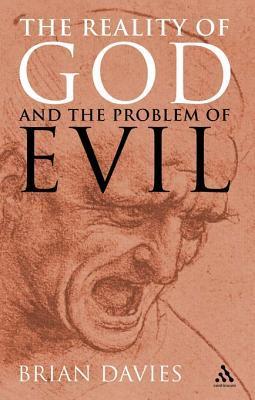What do you think?
Rate this book


In this book, Brian Davies suggests that we should start by attending to certain 'basics' - by asking why we might have reason to believe in God in the first place and by considering what our knowledge of God tells us (or does not tell us) about his nature. He then considers a number of famous attempts to deal with the problem of evil, and suggests that almost all of them fall short in various ways. In particular, he challenges efforts to defend or deny God's existence which work from the assumption that God is, in a certain sense, a moral agent with an ethical case to answer. Davies argues that God is no such thing.
In the course of his discussion (one much influenced by the thought of Thomas Aquinas) Davies maintains that goodness, love and perfection can be literally ascribed to God. He also argues that, paradoxical as it may seem, much evil is positively desirable and that, rather than dwelling on the 'problem of evil' we should be concerned with the problem (or mystery) of good - the real issue being 'Why is there not more good than there is?'
This is a lively book on a tricky subject. Written at all times with humour and much practical example, it provides a solid introduction to the most important literature devoted to its subject matter, and it offers a sustained defence of a position not commonly advocated today.
About the Author:
Brian Davies is Professor of Philosophy at Fordham University, New York
272 pages, Kindle Edition
First published October 11, 2006